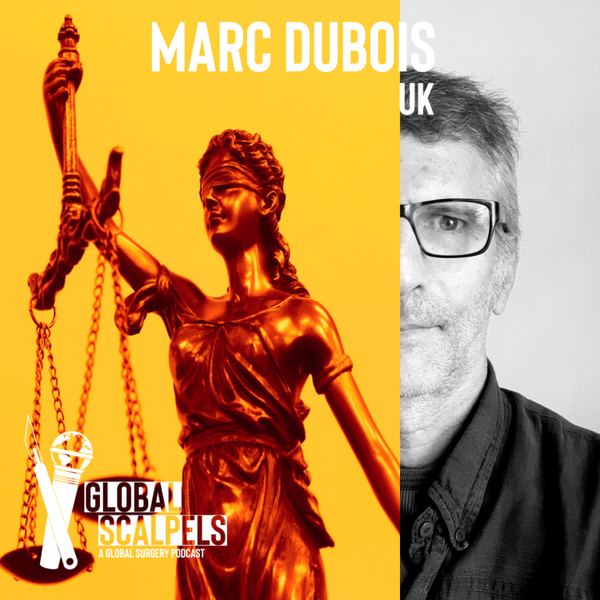
hu·man·i·tar·i·an: (h)yo͞oˌmanəˈterēən/ = concerned with or seeking to promote human welfare.
We often put humanitarian aid as an ideal – but what does it truly mean to be a humanitarian? Is it volunteering one’s time or financial resources to another? Is it only during times of crisis or disaster, or is it at any time? What are the ethics behind the aid and how can the fundamental human right of dignity be ensured or at least strived for?
As a field of endeavor, humanitarian aid is unique in many ways. Crucially, it is a sector in which the consumers of the aid are not the people paying for the aid. Traditionally a consumer buys a product and then decides whether they want to buy it again based on the price, quality and the availability of other options. The consumer may even choose to return the product if they are unsatisfied. Humanitarian aid recipients hold no such power; no say as to whether the assistance or services being offered meet their most important needs or even helps them. Aid may also arrive with harmful consequences. This is often due to difficult issues such as paternalism and colonialism that has dominated much of the field for decades. In fact, many of the actions that we took 10 years ago, may not sit well with us today. In this episode we discuss some of the legal and ethical issues behind humanitarian work, power dynamics, and accountability to local people. Join us as we talk with Marc DuBois about his two decades of work with Médecins sans Frontières (Doctors Without Borders), maintaining the political neutrality and independence of humanitarian action, and the many challenges to human dignity in the most inhumane places on Earth.
Global Scalpels: A Global Surgery Podcast
Dedicated to the 5 billion without safe and affordable surgery - come explore global surgery heroes in tech, law, war, business, and of course, the OR!